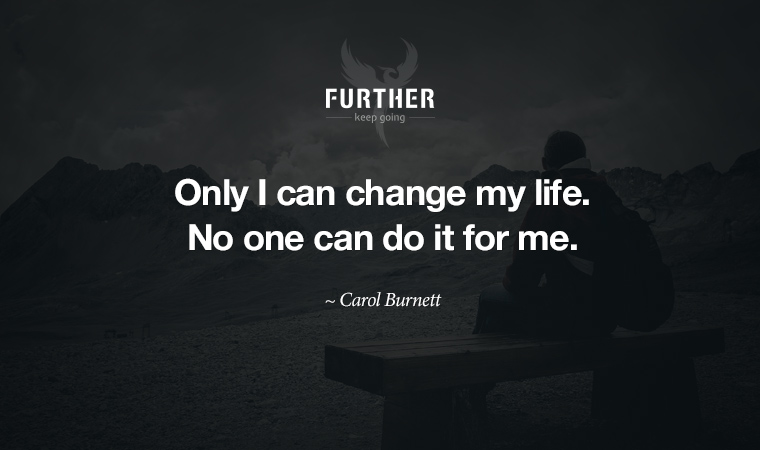
The whole idea of working your whole life just to do what you want when you’re over 65 has always seemed odd to me. Especially if you don’t enjoy doing all that work for all those years.
Retirement as we now think of it is a fairly recent invention. In fact, the entire concept, along with social security in the US, was devised in the 20th century to force older workers out of the job market to make room for younger, more “productive” employees.
In other words, not long ago people didn’t want to stop working at 65. Eventually an entire industry sprang up (think upscale retirement communities) to make the idea not only palatable, but desirable.
Personally, I see no value in retiring. That’s because I’ve designed the life I want through entrepreneurship. And given that I love creating new companies (on my own terms), why would I want to stop doing that if I’m still able to?
Not everyone thinks like me, and that’s a good thing. But given that only the top 20% of older households are likely to have enough savings to support a traditional retirement, quitting work may not be an option. Plus, 28% of recent retirees polled by Nationwide Retirement Institute last fall said that life was worse in retirement than it was when they were working.
Happy retirees have a strong sense of purpose without suffering from financial stress, and many fail to achieve either of those after leaving the world of work. So what if quitting wasn’t the goal?
I ask because the labor market is changing drastically, basically eliminating the original ageist motivation for the concept of retirement — moving out the old to make room for the young. Here’s the scoop from a new report from management consulting firm Bain & Co:
The main reason for the good news, according to the Bain experts, is that the abundance of labor seen since the 1970s — due to boomers and women entering the workforce — is winding down. Bain foresees labor-force growth in the U.S. slowing to 0.4% a year in the 2020s. With workers in shorter supply, the Bain analysts say, employers will be eager to hang on to the ones they have and entice applicants, including older ones, to join them.
The report goes on to paint a rosy picture for older entrepreneurs and investors thanks to automation technology. While automation and robotics will certainly eliminate jobs, it will also open up significant opportunities for those of us with the wisdom and experience that come with age.
So, is the goal to slog it out in a barely tolerable job until the day you can (maybe) quit working? Or is it smarter to begin designing the life you’d like to lead right now and into the future, and figure out ways to enjoyably fund it? I know my choice.
If You’re Over 40 and Work, You’re in for Some Big Surprises
Keep going-
Brian Clark
Further
further: top ten
Eat Less to Ageless
New research suggests that cutting calories by 15% for two years can slow the metabolic process that leads to aging and protect against age-related diseases. After just one year on a reduced-calorie diet, study participants saw their metabolic rates drop significantly.
Cut Calories by 15% to Stay Young, Study Says
Trendy Eating
Non-intoxicating cannabis edibles, fish-free seafood, the ketogenic diet, and cauliflower power. These are some of the leading trends in healthy eating.
From Keto to Cannabinoids: The New Food Trends Coming Your Way
Get Out
Spending too much time inside isn’t good for us. And nature is beneficial — maybe essential — for human health. Psychologists and health researchers are finding more and more science-backed reasons we should spend time outside.
12 Science-Backed Reasons You Should Spend More Time Outside
Creative Breakdown
In every field, employers are desperately searching for “highly creative” human candidates. But what does creativity actually consist of?
Empirical Study Reveals 14 Key Components of Creativity
Engaged or Obsessed?
It can be hard to spot a workaholic, especially in a culture that applauds the devotion to getting things done and a “go big or go home” mentality. But loving your job and being emotionally dependent on it are two very different things.
How to Recognize Work Addiction and Shift to a Healthy Hustle
Get the Save
A 2018 survey conducted by Bankrate found that 19% of Americans report not saving anything whatsoever, and another 21% save less than 5% of their income. Yikes.
4 Steps to Cultivate the Habit of Saving Money
Healthy Savings
Millions of Americans are eligible to contribute to health savings accounts, or HSAs, but few people actually take full advantage. Here’s what you need to know about HSAs in 2018, and why their unique benefits make them one of the best tax-advantaged account types of all.
Your 2018 Guide to the Health Savings Account
Gut Wrench
“Evidence shows that modifying the diet, perhaps by consuming probiotics, can impact your mood and behavioral state.” How that happens is still an open question, though.
You Really Shouldn’t Ignore Your Gut Reaction, Science Finds
Self, Actually
The idea that one of our primary drives is to become our highest and best selves is one that hardly needs to be sold to us. It is, however, one that needs to be properly explained to us as a process, not a destination.
Why Self-Actualization is Harder than it Sounds
Choose Happy
There’s a happiness gap between wanting the best and accepting good enough. Here are some science-backed ways to close it.
The Surprising Scientific Link Between Happiness And Decision Making
further: sharing
Please use the social media buttons below to share this issue of Further. Thank you!
